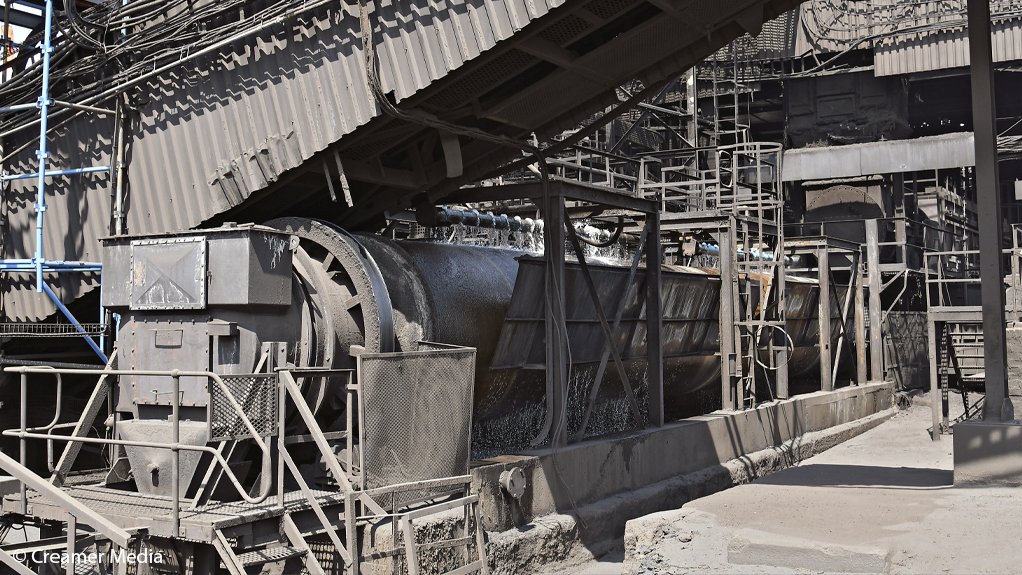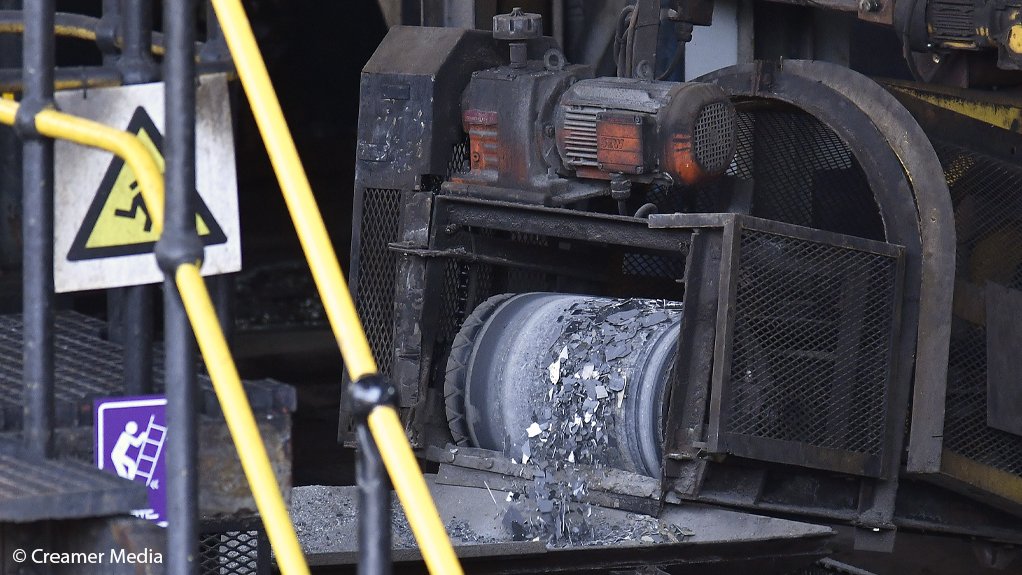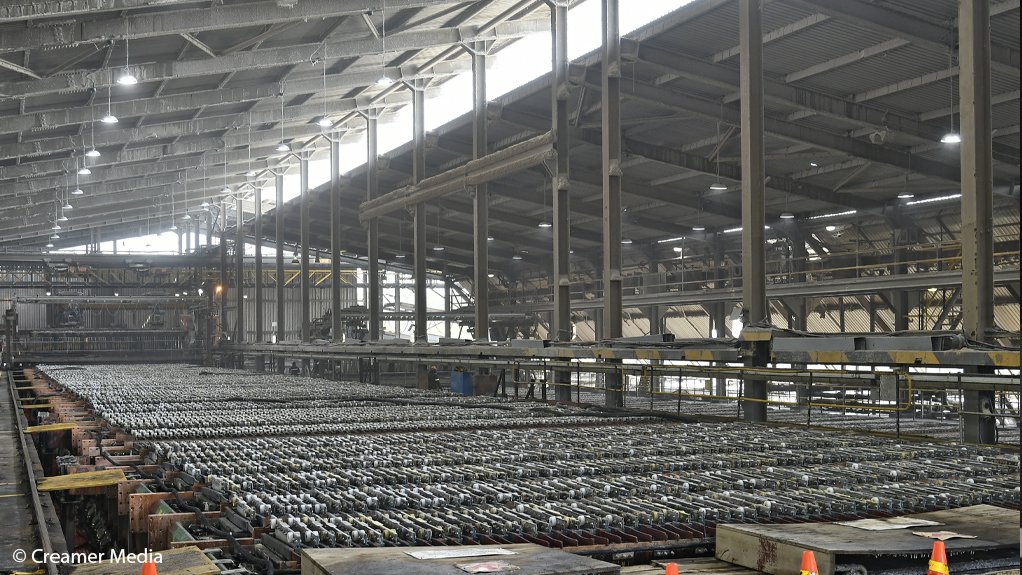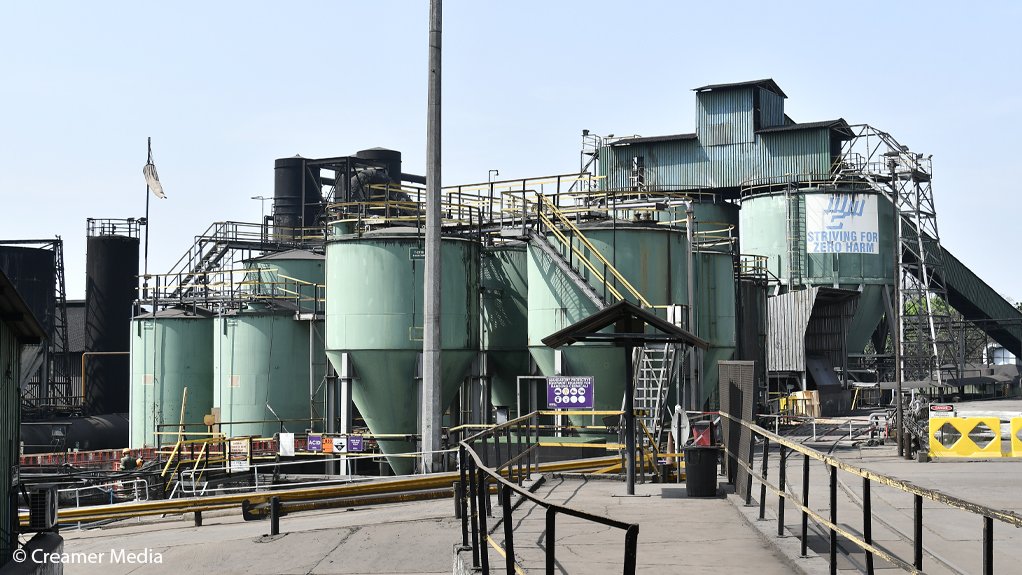JOHANNESBURG (miningweekly.com) – Canada-headquartered Giyani Metals, which operates in Botswana, has secured $16-million in financing from South Africa’s Industrial Development Corporation (IDC) to advance a battery-grade manganese project in Botswana – whereas South Africa’s Manganese Metal Co (MMC) of Mpumalanga is still holding thumbs that the IDC, with which it has been in discussion for a year, will also co-fund its exciting new battery manganese project, which is beyond ready for advancement in Mbombela.
Mining Weekly can report that all that stands between MMC and the construction of the battery manganese project in Mbombela is the finalisation of funding, which South Africa’s State-owned IDC has managed to achieve in Botswana to the extent that the Canada-based Giyani has described the funding from South Africa’s State-owned IDC as being the cornerstone of its $26-million funding package.
This funding package is for Botswana’s proposed K Hill high-pressure manganese sulphate monohydrate (HPMSM) project – but funding from the IDC for construction of South Africa’s potentially paradigm-shifting initial HPMSM in Mbombela is still not finalised, after a year of contact.
Though the Botswana operation’s demonstration plant is being completed in Johannesburg, it has been stated that construction of a commercial scale plant will be in Botswana.
Meanwhile, in Mpumalanga, MMC has been dead keen for some time to go ahead with a 5 000 t/y demonstration plant in Mbombela, and has been clear that once its accredited HPMSM goes into the batteries of the world, MMC will be able to step out and put South Africa on the map.
“It’s only finalisation of the funding that stands between us and construction of the initial demonstration plant. Successful demonstration of the business case would then result in a bigger commercial plant,” MMC chairperson Bernard Swanepoel said in response to Mining Weekly.
Regarding the finalisation of IDC funding, Swanepoel added: “We have been talking to the IDC for a year now. We hope they will co-invest.”
Manganese is going into battery electric vehicles (BEVs) and battery energy storage for good technical and cost reasons, with formulations increasingly including manganese in batteries.
MMC, already the producer of the world’s purest manganese metal, is itself becoming greener and cleaner as it repositions for market acceptance in the BEV market, where there is major growth potential.
Helping to green the one-gigawatt hours of energy that MMC needs a day is 1.8 MW of clean hydropower that is being sourced from a power station on the Crocodile river.
MMC uses South African manganese fines to produce 3% of the world’s manganese metal in the form of selenium-free electrolytic manganese metal (EMM). Fifty-six per cent of this is sold to Japan, 25% to the US, and 10% to Europe. The EMM is 99.9% pure, beating the next highest 99.7%
A far-reaching new horizon is now extending for MMC, well beyond the EMM market into the burgeoning BEV market, with HPMSM.
For some time, customers have been buying the company’s EMM to dissolve it and make HPMSM, which has prompted the extension into HPMSH by MMC itself.
MMC, which has 400 direct employees and 200 indirect contractor employees, in its last financial year earned South Africa R2.28-billion in export revenue, exporting mainly through the ports of Maputo and Durban, and paid R179-million in taxes.
In days gone by, MMC was operated by a Samancor structure on behalf of BHP Billiton and Anglo American. Today it is owned by MM Holdings, held 70% by Bright Resources and 30% by To The Point.
Trade & Industrial Policy Strategies (TIPS) senior economist Gaylor Montmasson-Clair describes MMC as a one-of-a-kind “industrial jewel” that should be supported on its growth trajectory. TIPS is an independent, non-profit, economic research institution based in Pretoria that was established in 1996 to support economic policy development, with an emphasis on industrial policy in South Africa and the region.
As reported by Mining Weekly last week, Australia-listed but South Africa-functioning manganese mining company Jupiter Mines has produced a 99.9% pure sample of HPMSM using the Northern Cape’s manganese ore and bringing into service an internally developed hydrometallurgical production process. It has done so on the basis that inclusion of the battery-grade manganese in the cathode of electric vehicle batteries introduces cost efficient energy density and potential safety enhancements.
Jupiter is performing location studies to determine the ideal location of its first plant and considering the merits of producing a manganese concentrate in South Africa.
EMAIL THIS ARTICLE SAVE THIS ARTICLE ARTICLE ENQUIRY
To subscribe email subscriptions@creamermedia.co.za or click here
To advertise email advertising@creamermedia.co.za or click here

















